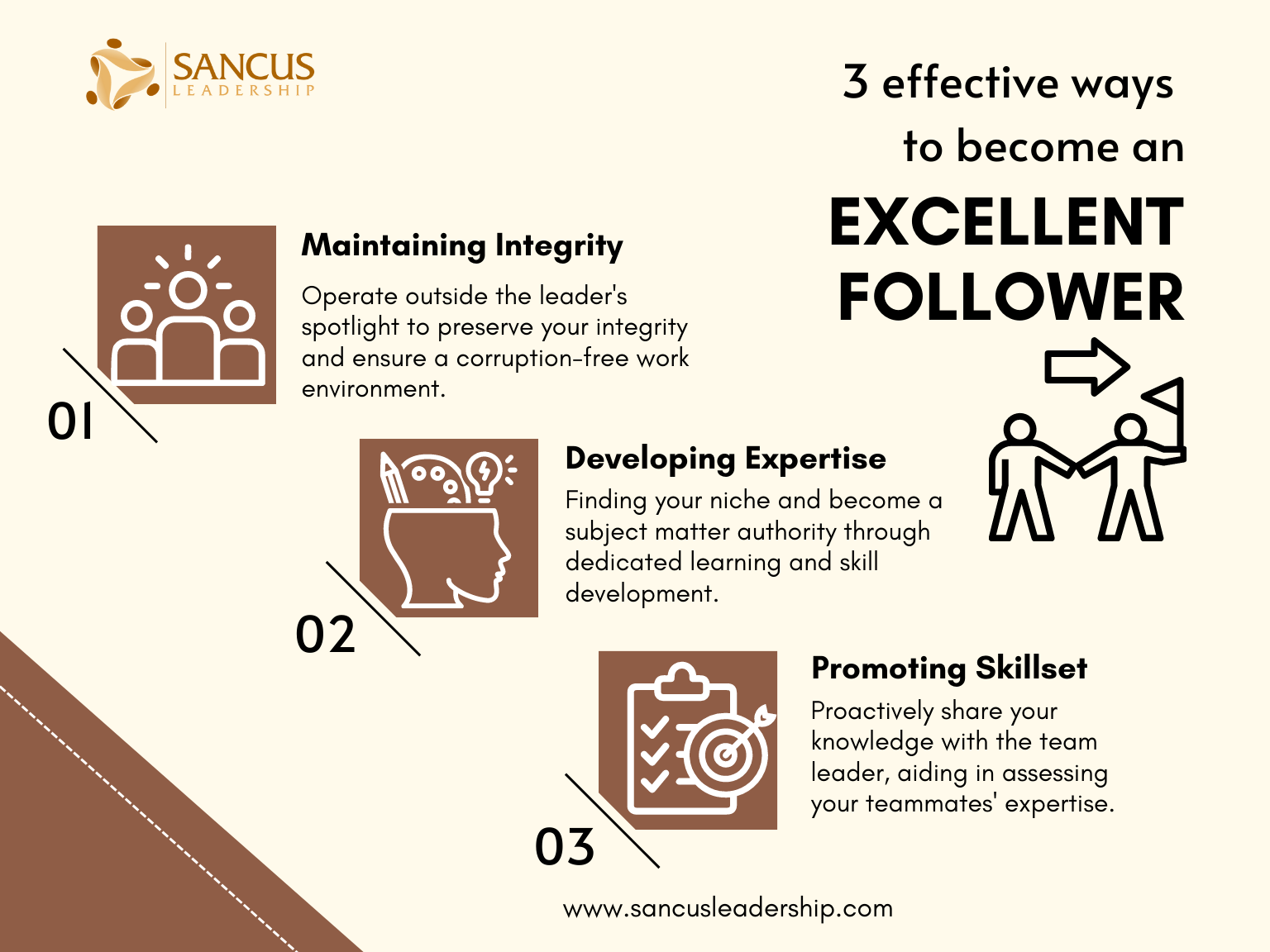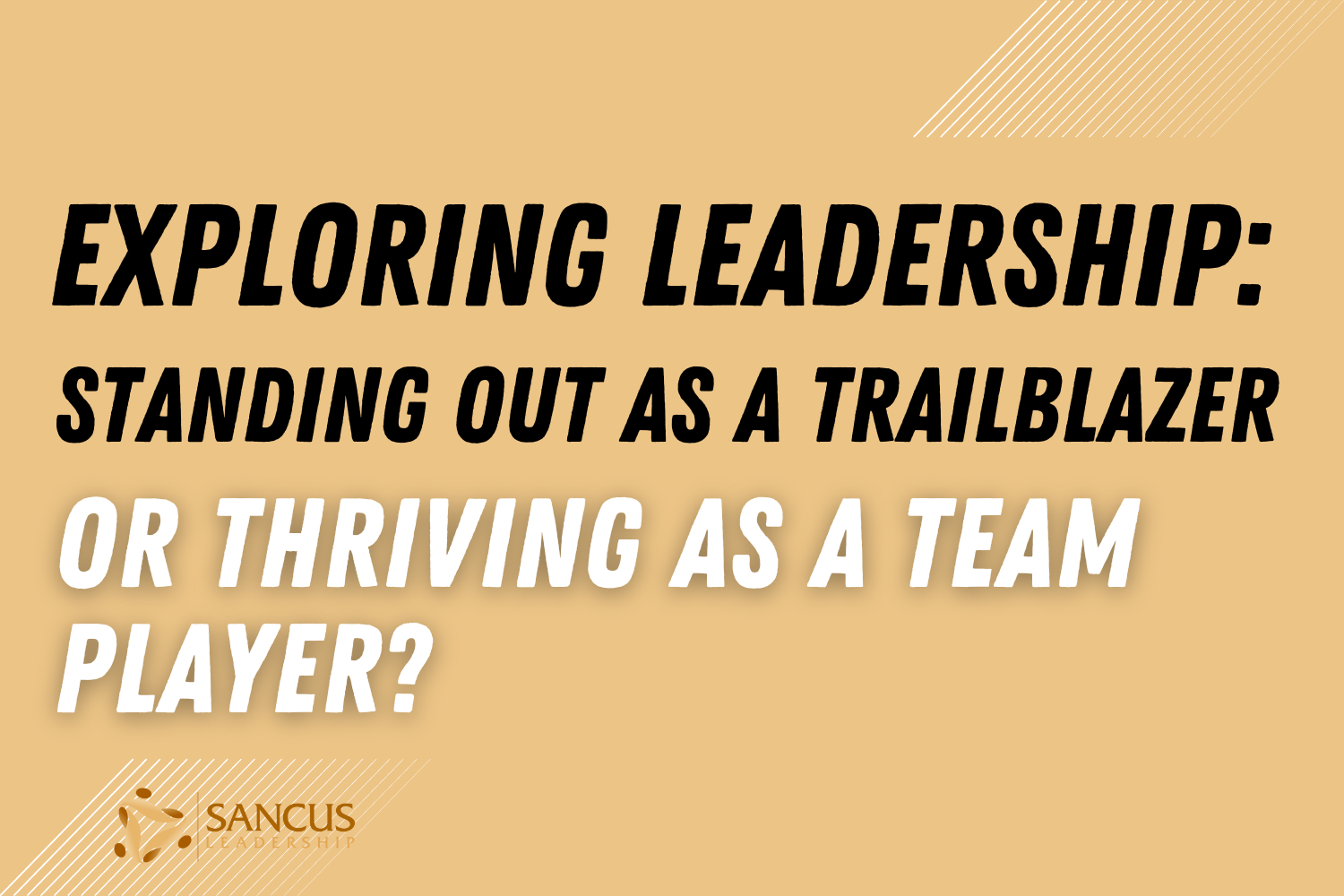In a world governed by social media and news agencies, It is easy to believe that the things we see the most are the most important. And that happens to be the leaders rather than the followers, so what is the value of being a follower?
It is not bad to be a follower instead of a leader. Both of these positions are equally vital on a team. It will fail if a team lacks great followers but has a decent leader. On the other hand, if a team has excellent followers but a subpar leader, then it can still succeed.
In this article, I will deal with the issue of putting leaders on a pedestal and not understanding the necessity of having great followers or employees.
The Value of Followers vs. Leaders

When I speak to people who have never been in a leadership position or who have never really reflected on what leadership is, sometimes they will tell me that the leader is more important than the follower because they can make or break a team with their decisions.
Many believe that the one who makes the decisions is the one who is the most important.
Many believe that the one who makes the decisions is the one who is the most important.
This type of thinking neglects that in a very effective and good team, the leader rarely decides what to do but instead approves the ideas that the team generates. A team leader is, therefore, someone who selects the best idea and who can summarize the big picture so that the team also understands that this is the direction they need to go.
In his TEDx talk, Clive Barrow dives into the relationship between those who lead and those who follow to reveal the qualities that make a great follower.
Is it More Important to Be a Leader or a Follower?
If we put leaders and followers on a hierarchy of values where the team leader is at the top, we will inevitably create a machine that distributes resources in the wrong direction. Leaders and followers are equally important on a team.
Let me explain.
Suppose the leader is significantly more important for the machine’s proper functioning (the team) than the followers. In that case, we can accept greater disruptions in the performance of the followers before the machine starts failing.
Anyone who has worked as a team leader for a long enough time knows this is definitely not the truth; studies even indicate that due to social media, followers might have a much greater impact than we think.
Conflict among followers is something that definitely lowers productivity and efficiency. It is also the case that a team with eight fully functioning and self-managing members can easily compensate for one lousy leader.
Anyone who has worked as a team leader for a long enough time knows this is definitely not the truth.
One can also take a more mathematical approach where the leader is only one person, and the team is usually somewhere between 3 and 10, often with its own specialty and perspective.
Putting the leader on a pedestal is a big mistake. It will most likely lead the team to value the wrong things and might even promote a behavior where narcissism can flourish rather than encouraging leaders to take a perspective of service.
Flattening the Value Hierarchy
I think the metaphor of a gearbox is a good one because all of us know that it is needed for the car to move forward, but very few of us really understand how and why it works.
The leader is the driver, and the followers are the internal workings of the gearbox. The leader’s mission is to select the right gear for the road (organizational goals); sometimes, it’s flat (routine tasks), and we can shift up to go fast. But other times, we drive in the local neighborhood (high consequence tasks), and we need to slow down to maintain safety.
If we are using the right gear, we avoid overheating or breaking the gearbox because if the car stops, it doesn’t matter what gear the leader chooses; the car won’t move a bit.
We must understand this flat-level relationship if we are to truly respect the value of the followers and employees.
Is It Okay to Be a Follower Instead of a Leader?
It is more than okay to be a follower; if you think you are in service best as a follower instead of a leader, then you should continue developing your expertise and continue following.
When leaders genuinely appreciate their followers, they will also put energy and time into maintaining the team so that it can operate at a high speed with low effort for a long time. This means that a team’s success needs to be measured over the long run, not as a snapshot over a specific event or goal completion.
An experienced driver will know when it’s time to shift gears but will also understand when the gearbox is making unwanted noises, and that noise is a sign to slow down.
| Aspect | Followers | Leaders |
| Decision-Making | Typically implement ideas generated by the team | Make decisions and approve team-generated ideas |
| Role | Execute tasks and contribute specialized skills | Set direction, make strategic decisions |
| Impact on Performance | Greater disruptions in follower performance before the team fails | Can greatly impact team performance, but not solely responsible for success |
| Conflict Handling | Conflict among followers lowers productivity | May need to resolve conflicts and ensure team cohesion |
| Perspective | Valuable for diversity of perspectives | Responsible for strategic perspective |
| Value Hierarchy | Contribute to the team’s long-term success | Often placed on a pedestal, |
| Collaborative Approach | Contribute to team cohesion and success | Guide the team and ensure alignment |
| Long-Term Success | Contribute to team’s long-term success | Contribute to the team’s long-term success |
| Development | Develop expertise and continue following | Develop leadership skills and strategy |
How to Be an Awesome and Appreciated Follower

If there is something I want you to take away from this article, then it is:
Being a follower is not bad; great followers are vital to any team’s success.
Being a follower is not bad; great followers are vital to any team’s success.
Much of the team development literature is based on the leader and how to develop leadership skills. Very few of these books focus on how to be a good follower. Some of them discuss that a good leader must also be a good follower, which I definitely agree with.
I would also argue that we are all leaders. Depending on what situation of our lives we are talking about, we most definitely have areas where we will lead whether or not we are the formal boss of that situation.
If you have kids, are in charge of a community project, or people come to you for questions in a specific area of expertise, then you are a leader.
But that’s a topic for another discussion.

Here are some guidelines to become an appreciated and excellent follower.
- Work outside of the leader’s spotlight to maintain your integrity and work corruption-free, enabling you to follow your ethics and morals as a guiding compass.
- Find your niche and develop subject matter expertise in that area. We leaders want people who are experts to whom we can ask for answers to questions we don’t understand.
- Learn to promote your skillset. Oftentimes, I find myself in situations where I lack the insight to understand how much a teammate of mine knows about a certain topic. Make it easier for yourself by sharing your knowledge with the team leader.



